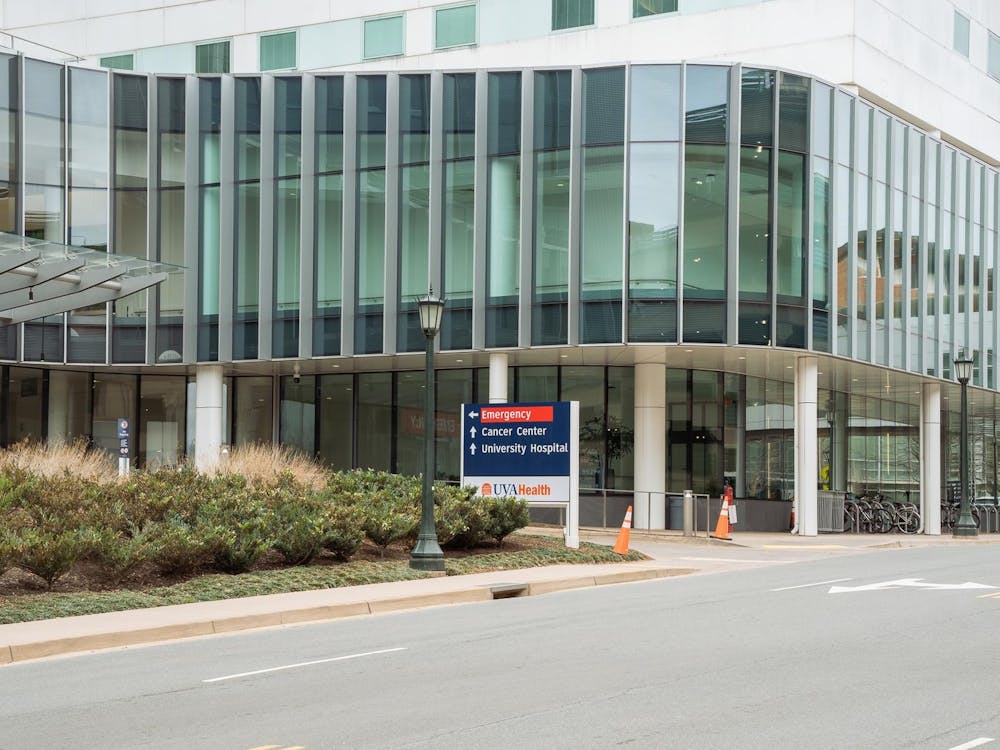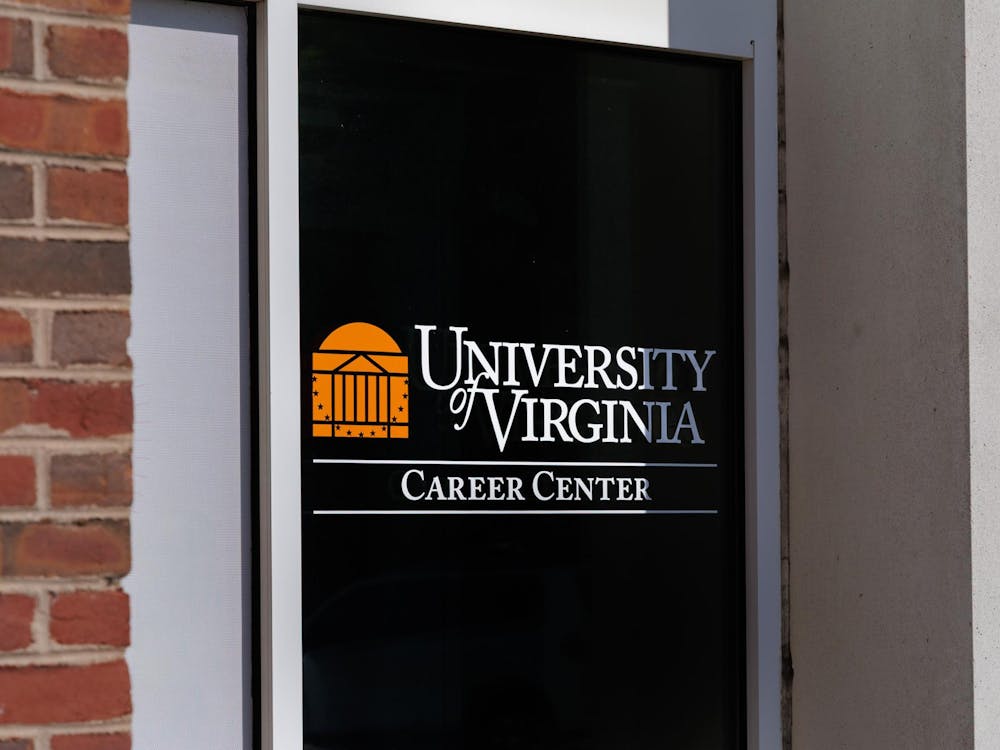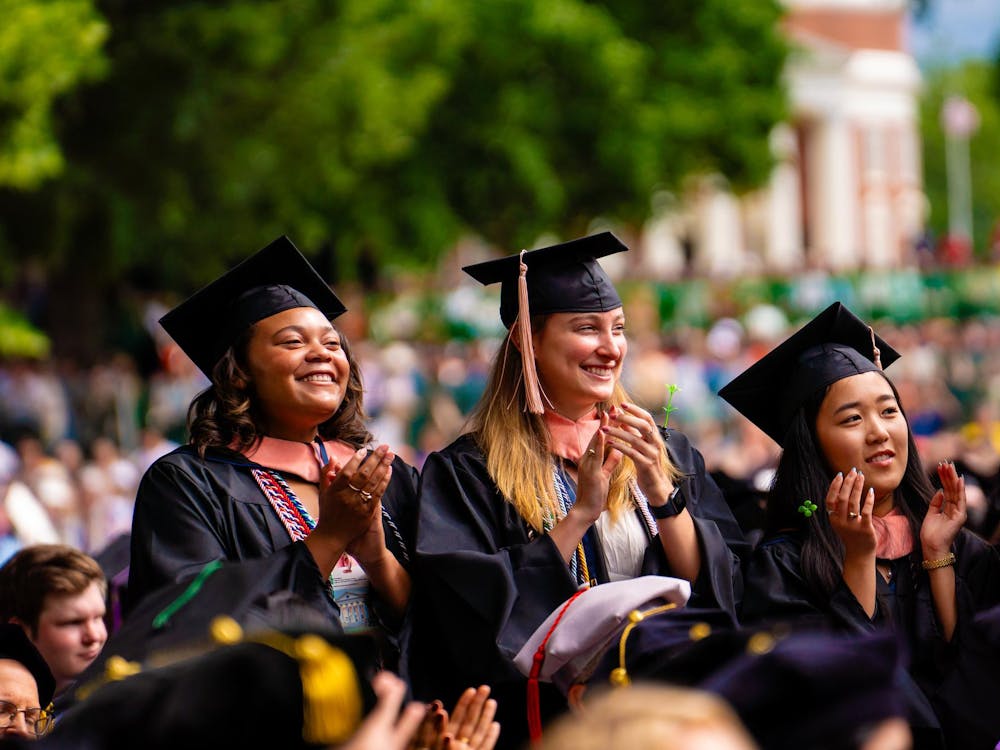A group of University engineering students and professors are taking part in a team effort to develop a self-driving car. Known as Team Jefferson, the local group has been selected as one of 36 teams to compete in the Defense Advanced Research Projects Agency's Urban Challenge, a competition to build a computer-controlled car that can drive about 60 miles in less than six hours.
Paul Perrone, a graduate of the Engineering School and leader of Team Jefferson, said the team will enter it's own self-driving car model in the DARPA challenge, which focuses on developing technology for autonomous driving in urban settings.
"The car is a completely autonomous self-driving car," Perrone said. "It has GPS and inertial navigation systems to tell us where the car is at and where it's going, and it also has lasers which tell us where the obstacles are. We interpret that sensor data with on-board computers and then control the steering, throttle and break depending on the different rules that have been programmed into the car."
According to Engineering Prof. George Cahen, the team's faculty advisor, the team is supported by Charlottesville's Sperry Marine/Northrop Grumman Corporation and has been practicing frequently to prepare for the race, which will begin next month.
"It's a wonderful opportunity for our engineering students to have a hands-on experience to go along with their formal classroom education," Cahen said. "It certainly teaches them a number of things that they would not normally learn in a classroom, not the least of which are the time pressures associated with assembling such a complicated device such as a computer controlled car."
Cahen also noted that similar self-driving technologies have been used in the air, but the development of an land-based device is a much more difficult task.
Although DARPA certainly funds military-oriented research, Cahen said this competition might assist in the development of technology that could be of great use to the civilian public and hopefully could lead to vehicles that will allow for travel without requiring the presence of a driver. Cahen added that this field should to see progress in the near future because Congress has set a goal to make one-third of all ground vehicles in the military autonomous by the year 2015.
-- Max Hall contributed to this article






